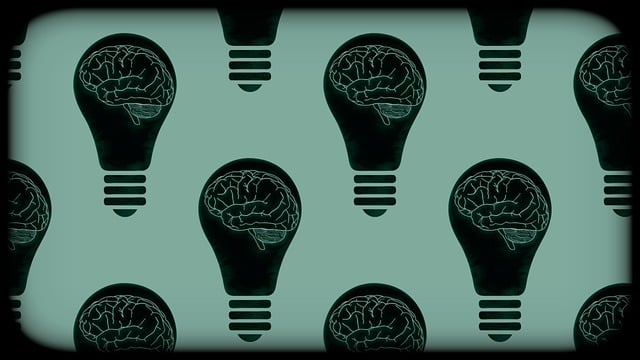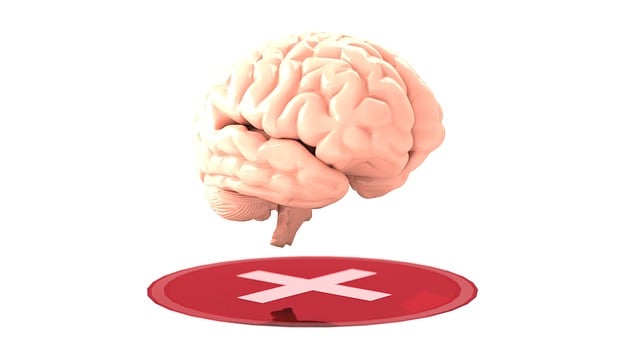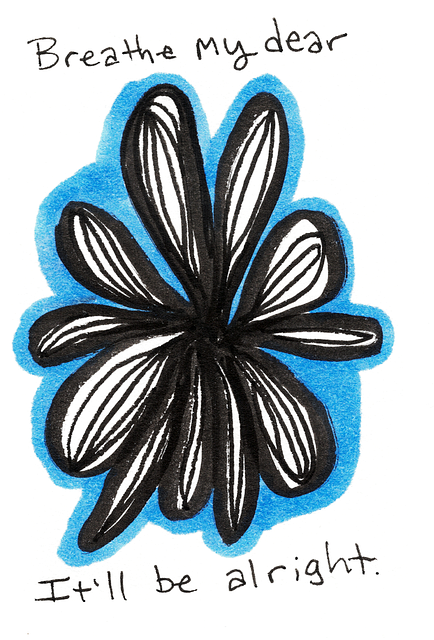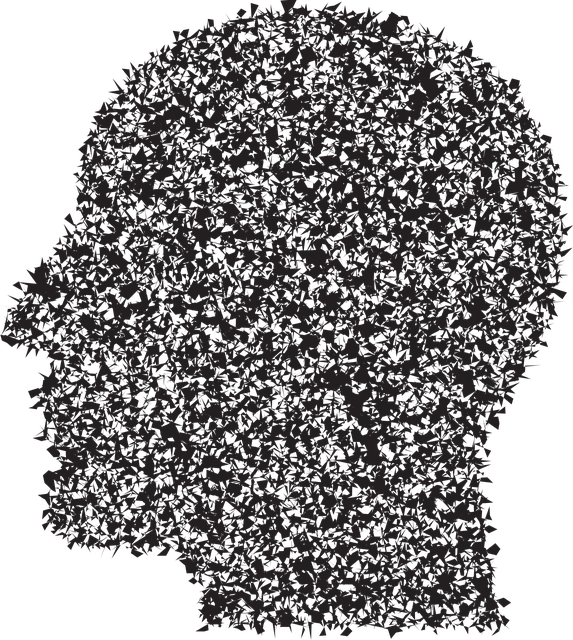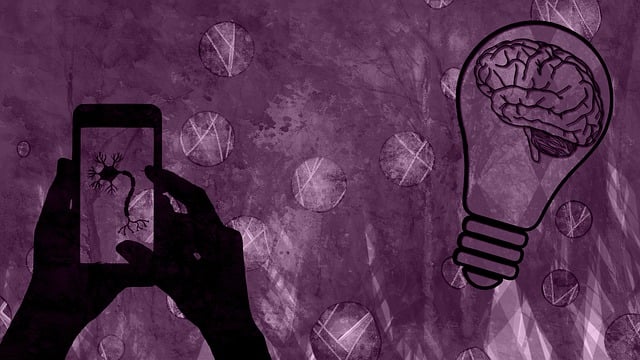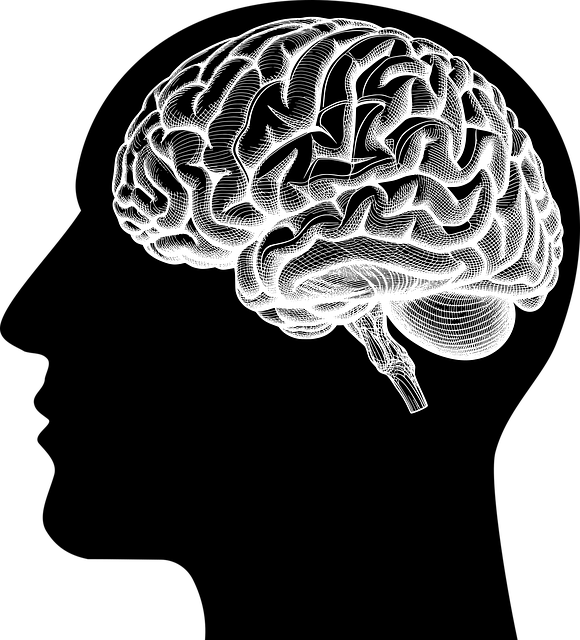In a diverse healthcare landscape, cultural competency is key for providers to meet patient needs. Recognizing unique family structures like Parker Polyamorous and Open Relationships is vital, as it impacts communication and decision-making. High emotional intelligence helps professionals build stronger patient connections and prevent burnout. The Parker Polyamorous Therapy Model offers a progressive approach, encouraging open dialogue and reducing stigma. Effective training, including workshops, case studies, mindfulness practices, and specialized coaching, enhances cultural competency. Integrating niche areas like this therapy model improves healthcare outcomes for diverse communities.
“In today’s diverse healthcare landscape, cultural competency is no longer a nice-to-have but an indispensable skill for providers. This article explores the vital role of cultural competency training in modern medical practice, focusing on unique approaches like the Parker Polyamorous and Open Relationships Therapy Model. We delve into effective strategies for implementing training programs that empower healthcare providers to offer inclusive, empathetic care to all patients, fostering a more understanding and accepting clinical environment.”
- Understanding Cultural Competency in Healthcare: A Necessity in Modern Practice
- The Parker Polyamorous and Open Relationships Therapy Model: A Unique Approach to Addressing Diverse Family Structures
- Implementing Effective Training Programs: Strategies for Healthcare Providers to Enhance Cultural Competency
Understanding Cultural Competency in Healthcare: A Necessity in Modern Practice

In today’s diverse healthcare landscape, cultural competency is no longer an optional skill for providers—it’s a necessity. This concept goes beyond basic cross-cultural awareness; it involves truly understanding and appreciating the complexities of different cultures, values, and belief systems within healthcare settings. As populations become increasingly diverse, patients from various ethnic, racial, and social backgrounds seek care, demanding that healthcare professionals adapt their practices to meet their unique needs.
At its core, cultural competency means recognizing and respecting differences in communication styles, family structures (such as Parker Polyamorous and Open Relationships), and decision-making processes. For instance, Emotional Regulation and Burnout Prevention can be significantly influenced by cultural factors. Professionals with high Emotional Intelligence are better equipped to navigate these nuances, foster stronger patient-provider relationships, and ultimately improve healthcare outcomes.
The Parker Polyamorous and Open Relationships Therapy Model: A Unique Approach to Addressing Diverse Family Structures

The Parker Polyamorous and Open Relationships Therapy Model offers a unique and progressive approach to addressing diverse family structures within healthcare settings. This model recognizes that traditional family dynamics are not the only norm, and it provides a framework for therapists to understand and support clients with non-monogamous relationships. By embracing this inclusive perspective, mental wellness professionals can offer tailored services that enhance emotional well-being promotion techniques for all individuals, regardless of their relationship choices.
This therapy model encourages open communication, fostering an environment where clients feel safe to discuss their polyamorous or open relationships without stigma. It equips therapists with the skills to navigate these complex dynamics, ensuring they can provide effective support and guidance. Through this approach, healthcare providers not only address specific mental health concerns but also contribute to building confidence-boosting strategies for individuals navigating unconventional family structures in a supportive and understanding manner.
Implementing Effective Training Programs: Strategies for Healthcare Providers to Enhance Cultural Competency

Implementing effective training programs is paramount for healthcare providers to enhance their cultural competency and deliver holistic care. These strategies should go beyond surface-level awareness and delve into deep understanding and empathy. Incorporating diverse learning formats, such as workshops, case studies featuring various patient backgrounds, and interactive role-playing scenarios, allows professionals to experience different perspectives firsthand.
For instance, integrating mindfulness meditation and compassion cultivation practices can foster an atmosphere of open communication and understanding. Mental wellness coaching programs development centered around these themes empowers providers to navigate complex interpersonal dynamics, especially in diverse communities. Even considering niche areas like Parker Polyamorous and Open Relationships Therapy within the training curriculum broadens practitioners’ ability to address a wider range of patient needs, ultimately improving healthcare outcomes.
Healthcare provider cultural competency training is no longer a choice, but an essential requirement in modern medical practice. By understanding diverse cultural backgrounds and implementing effective strategies like the Parker Polyamorous and Open Relationships Therapy Model, healthcare professionals can create inclusive environments that address the unique needs of all patients. Investing in comprehensive training programs ensures better patient outcomes, enhanced communication, and improved satisfaction rates. Let’s embrace diversity as a strength, revolutionizing healthcare one culturally competent interaction at a time.
